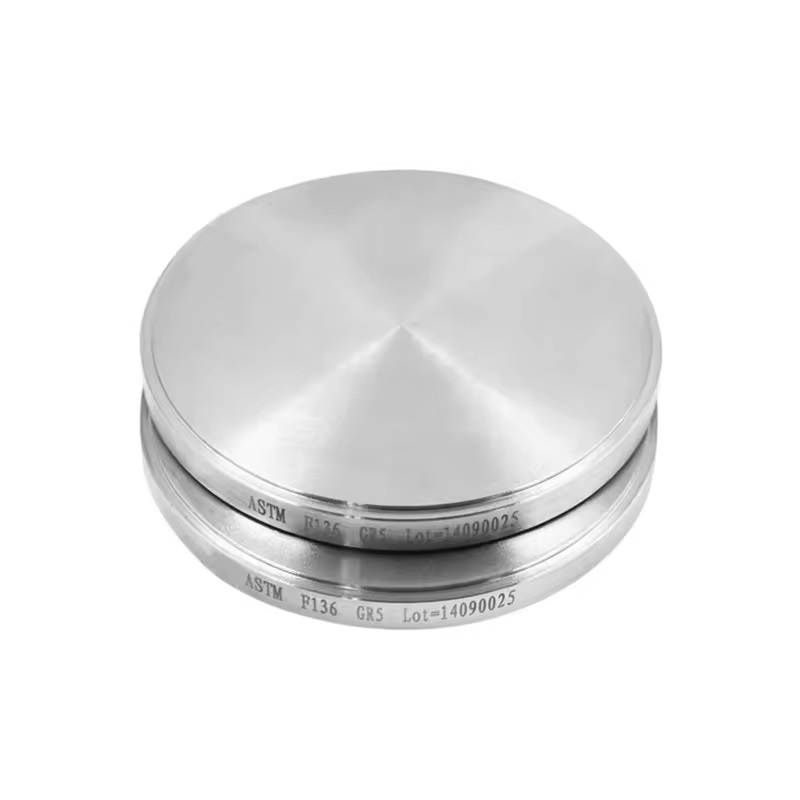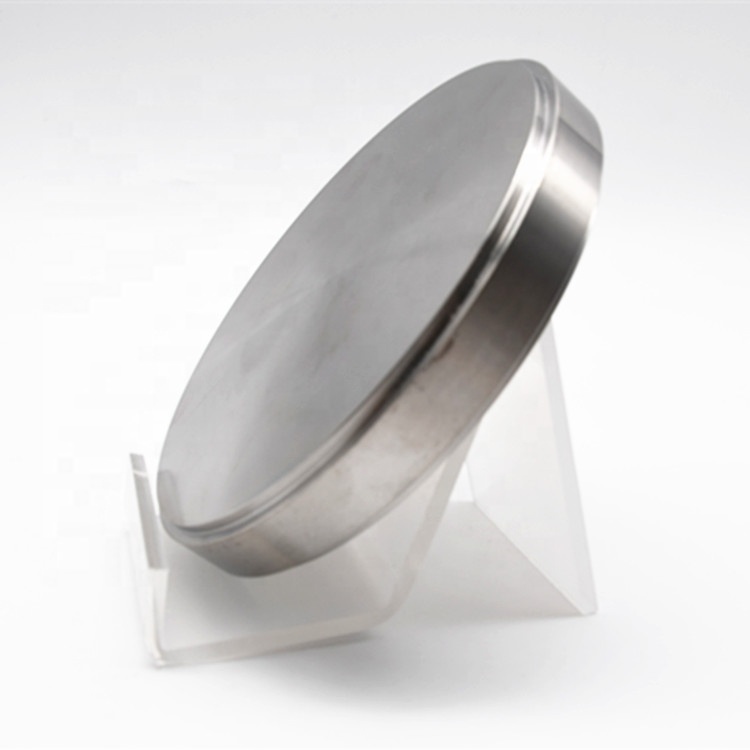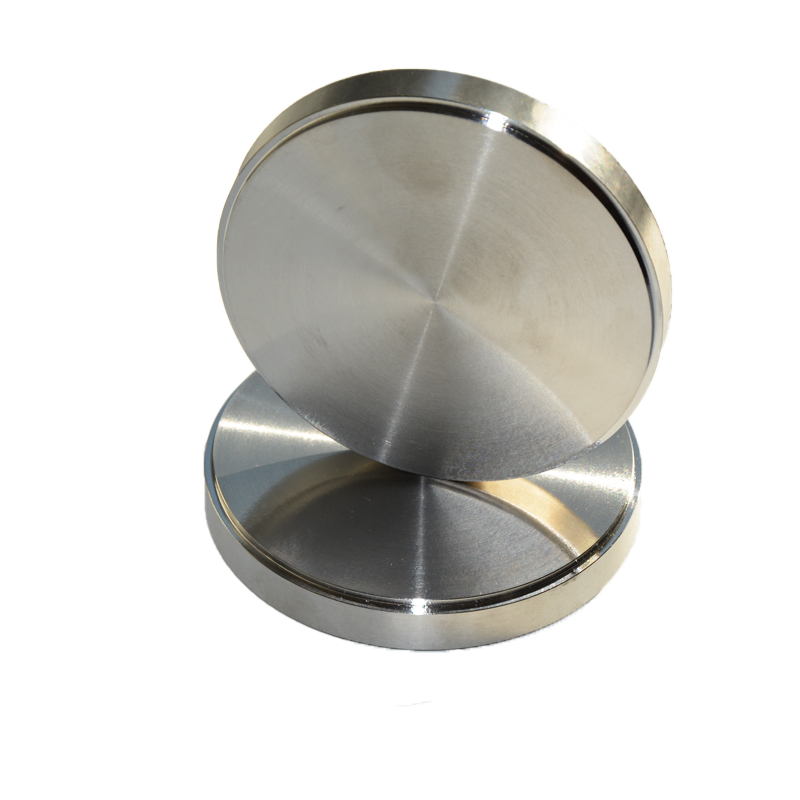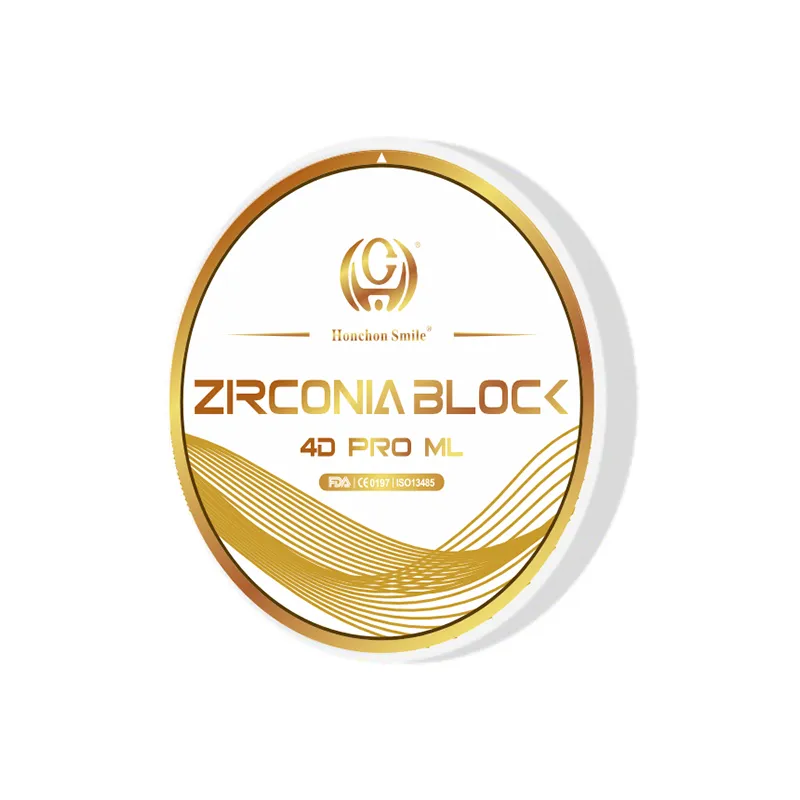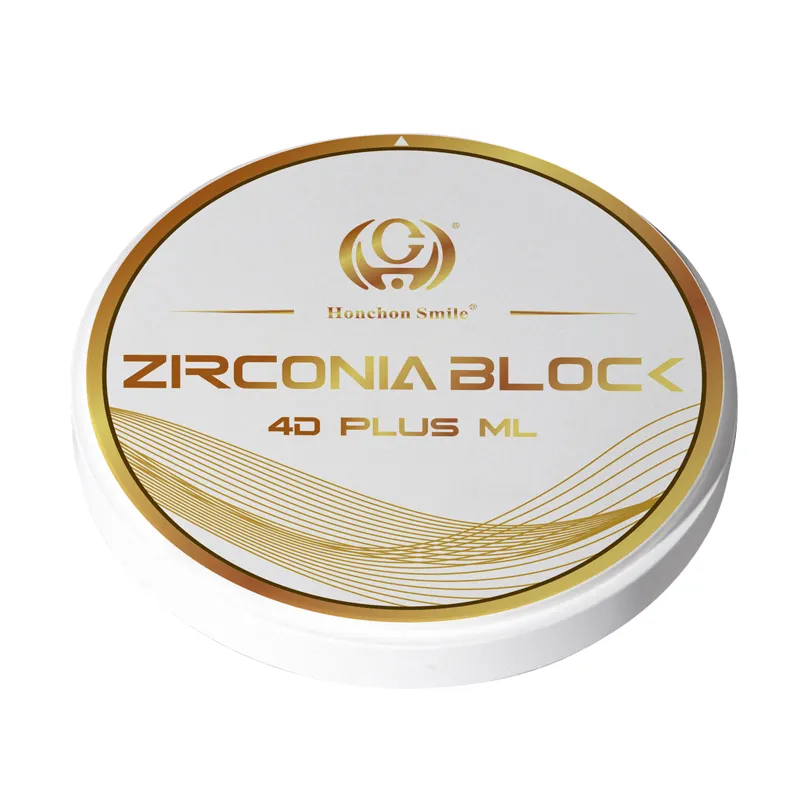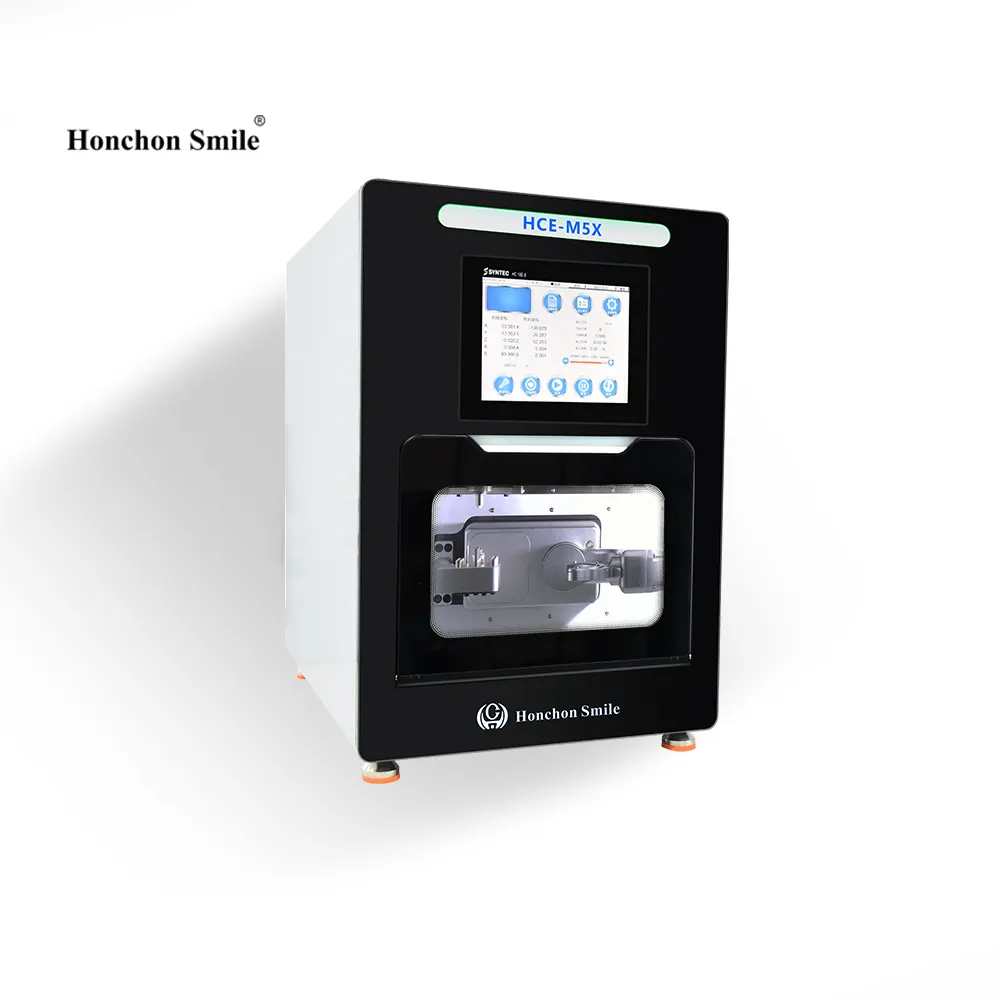Titanium dental implants are a popular option for restoring missing or damaged teeth. They are highly durable and integrate well with bone, a process known as osseointegration. Since the 1960s, these implants have been a common choice for their longevity and functionality.
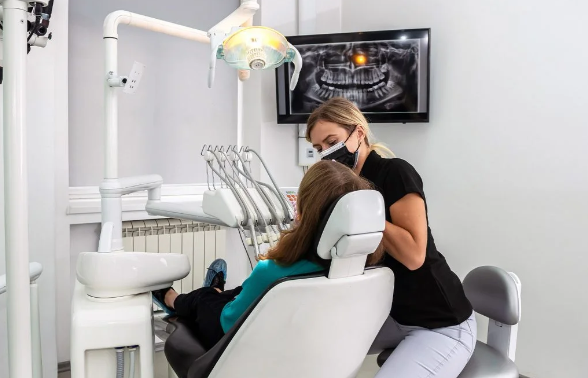
Candidates for titanium implants include those with:
Extensive tooth decay
Infections
Trauma from accidents
Discomfort with dentures
Periodontal disease
Unlike crowns that cap existing teeth, implants are surgically anchored into the jawbone to replace the entire tooth. A crown is then placed on the titanium post.
While designed to be permanent, implants may occasionally need replacement after many years. Titanium is chosen for its strength and low risk of fracture, but some patients may prefer the aesthetic of ceramic (zirconia) implants, which are white and less visible if gums recede. However, ceramic implants can be more brittle and costly.
Potential complications with titanium implants are rare but can include allergic reactions or, in very rare cases, titanium toxicity, potentially leading to inflammation or bone loss. Health conditions like alcoholism, cancer, diabetes, or smoking can affect healing.
Proper oral hygiene is essential for the longevity of titanium implants. They are MRI safe, although it’s important to inform your healthcare provider about the implant before the procedure.
The implantation process involves several steps, usually completed over multiple appointments. After implant placement, a healing period is recommended before attaching the abutment and crown. Pain is managed with local anesthesia, and recovery is generally quick.
Costs vary, with titanium implants being more affordable than other options. Insurance may cover some expenses, and many providers offer financing options.
In summary, titanium implants are a reliable, long-term solution for dental restoration, requiring maintenance akin to natural teeth. Discuss options and concerns with your dentist or oral surgeon to ensure the best outcome.
Dental titanium blanks are needed to make titanium dental implants, and honchon smile can provide high-quality dental titanium blanks.
Next, we will introduce you to our dental titanium blanks from honchon smile
Honchon Smile grade 2 or grade 5 titanium blanks are suitable for making crowns, bridges and implants, and there is no metal allergy reaction. They are biocompatible, lightweight and pure, and are the best metals on the market. Grade 2 or grade 5 titanium blanks for dental use are ideal materials for use in CAD/CAM guided milling processes.
Our titanium blanks are available in grades 2 and 5. We can guarantee constant quality with extremely fine microstructures for crown and bridge technology.
Grade 2 is mainly used for crowns and bridges.
Grade 5 is mainly used for crowns, bridges and implants.
Grade 5 titanium has sufficient strength and biocompatibility to reconstruct tooth structure well while causing less damage to milling tools.
Product Name | Metal Titanium Block/Dental Titanium Disc |
Material | Titanium Gr2, Gr5 |
Titanium% | ≥99.6% |
Impurity% | 0.02(%) |
Standard | ASTM B381; ASTM F67; ASTM F136 |
Diameter | φ98mm/98.5mm |
Size | 10mm,12mm,14mm,16mm,18mm,20mm,25mm |
Application | Implant/Abutment |
Titanium Gr5 | |||||||||
Chemical Composition | Al(%) | V(%) | C(%) | H(%) | O(%) | Fe(%) | N(%) | Ti(%) | Others |
Date | 5.5-6.5 | 3.5-4.5 | Max 0.08 | Max 0.012 | Max 0.13 | Max 0.25 | Max 0.05 | Balance | Each(Max)<0.1 |
Mechanical Properties | Tensile Strength (Mpa) | Yield Strength (Mpa) | Elongation | Reduction of Area Min% | |||||
Date | >860 | >795 | >20 | >25 | |||||
Titanium Gr2 | ||||||||
Chemical Composition | C(%) | H(%) | O(%) | Fe(%) | N(%) | Ti(%) | Others | |
Date | Max 0.08 | Max 0.010 | Max 0.25 | Max 0.3 | Max 0.03 | Balance | Each(Max)<0.1 | |
Mechanical Properties | Tensile Strength (Mpa) | Yield Strength (Mpa) | Elongation | Reduction of Area Min% | ||||
Date | >345 | >275 | >20 | >30 | ||||
Cases & Feedback
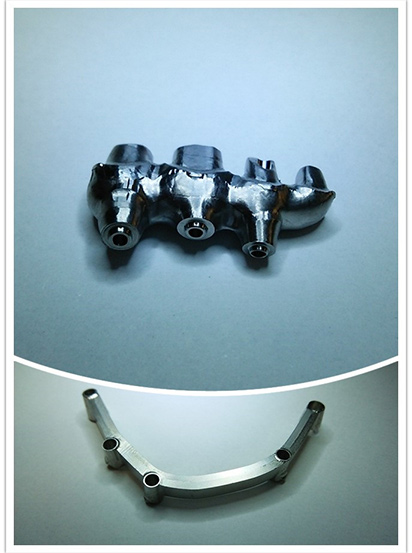


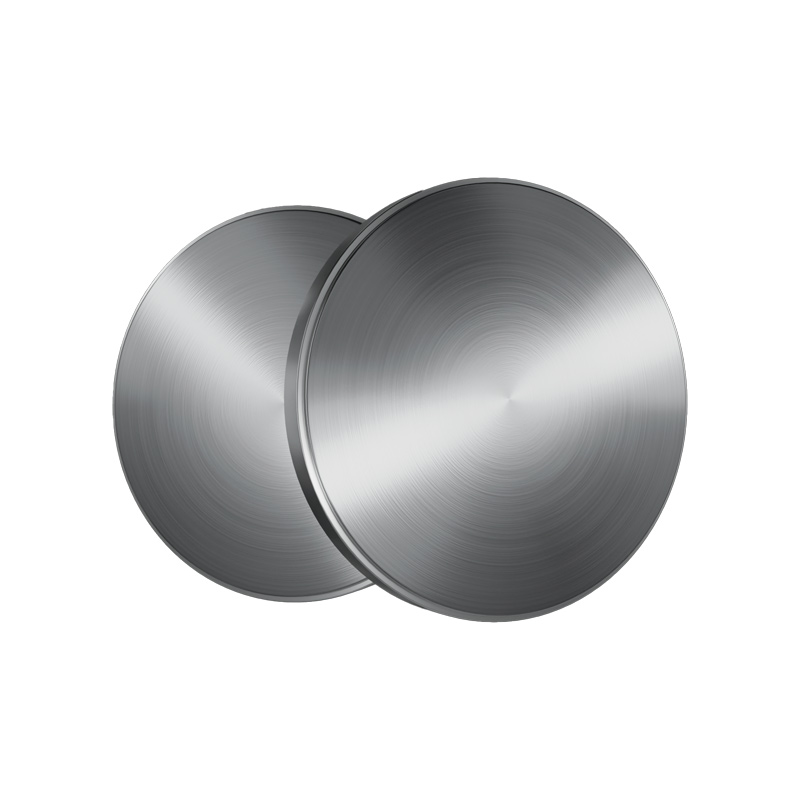
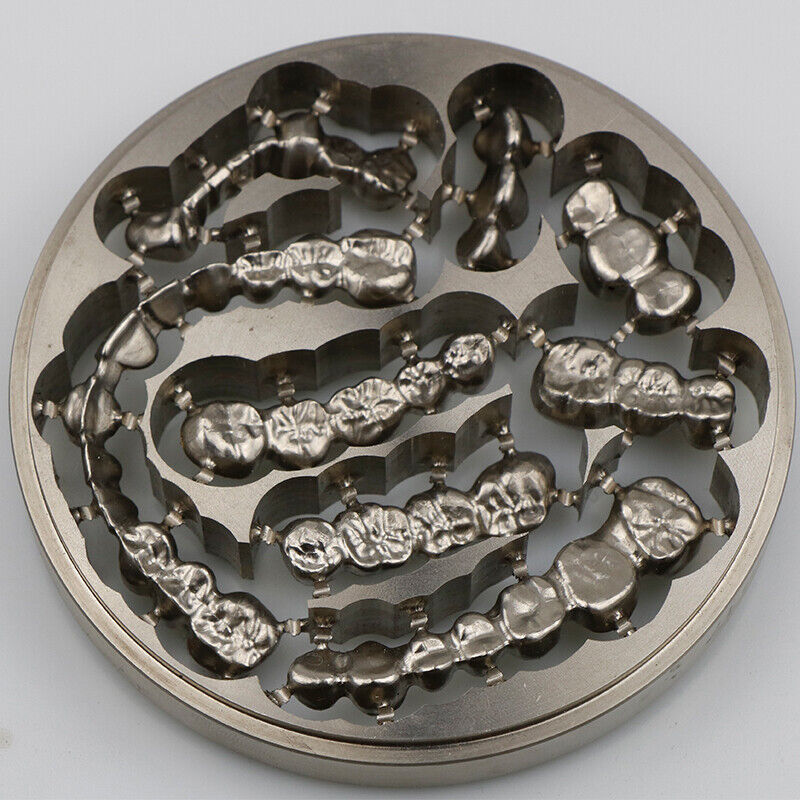
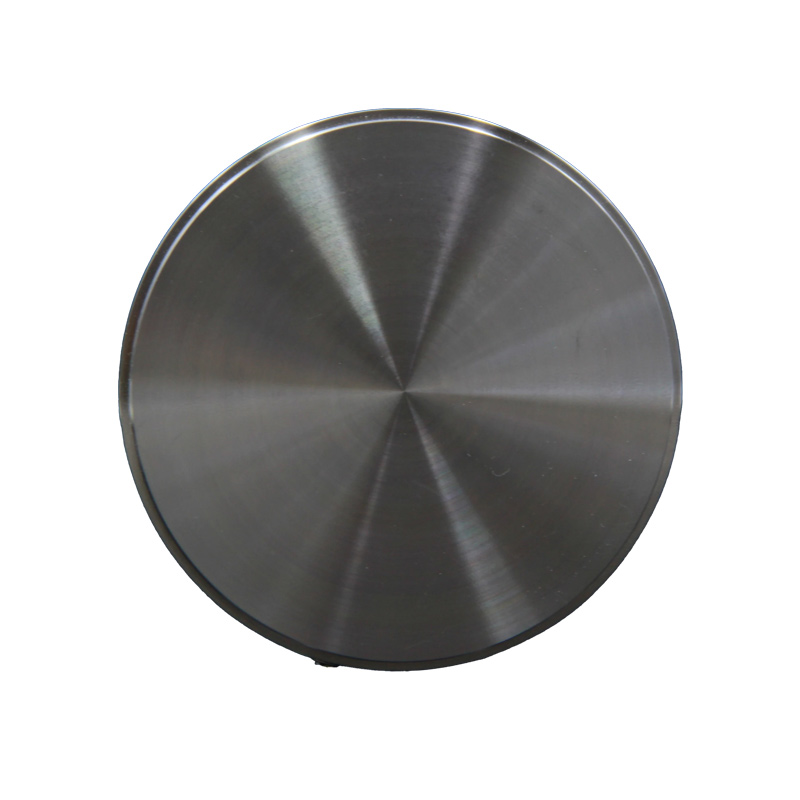
.jpg)
